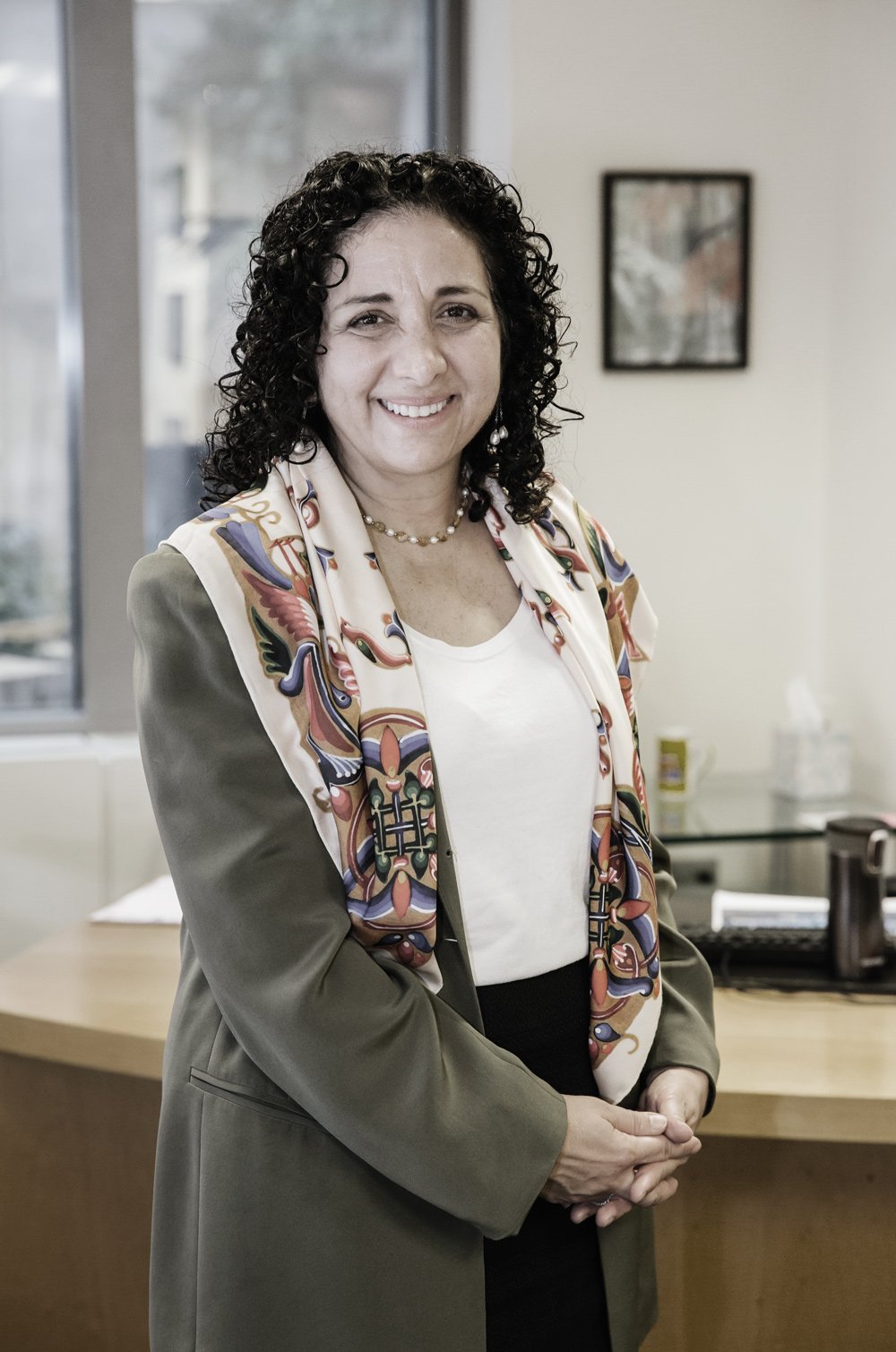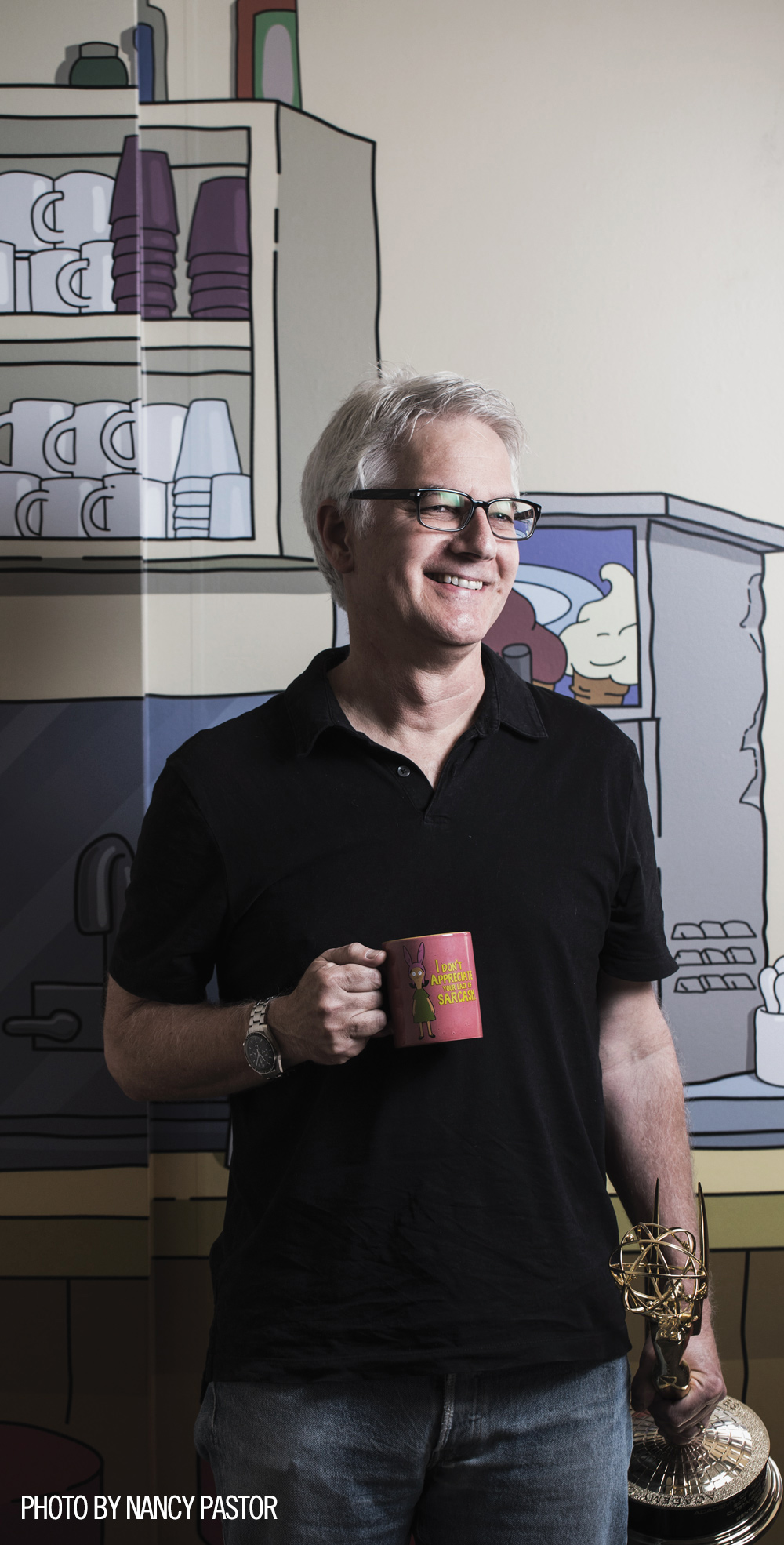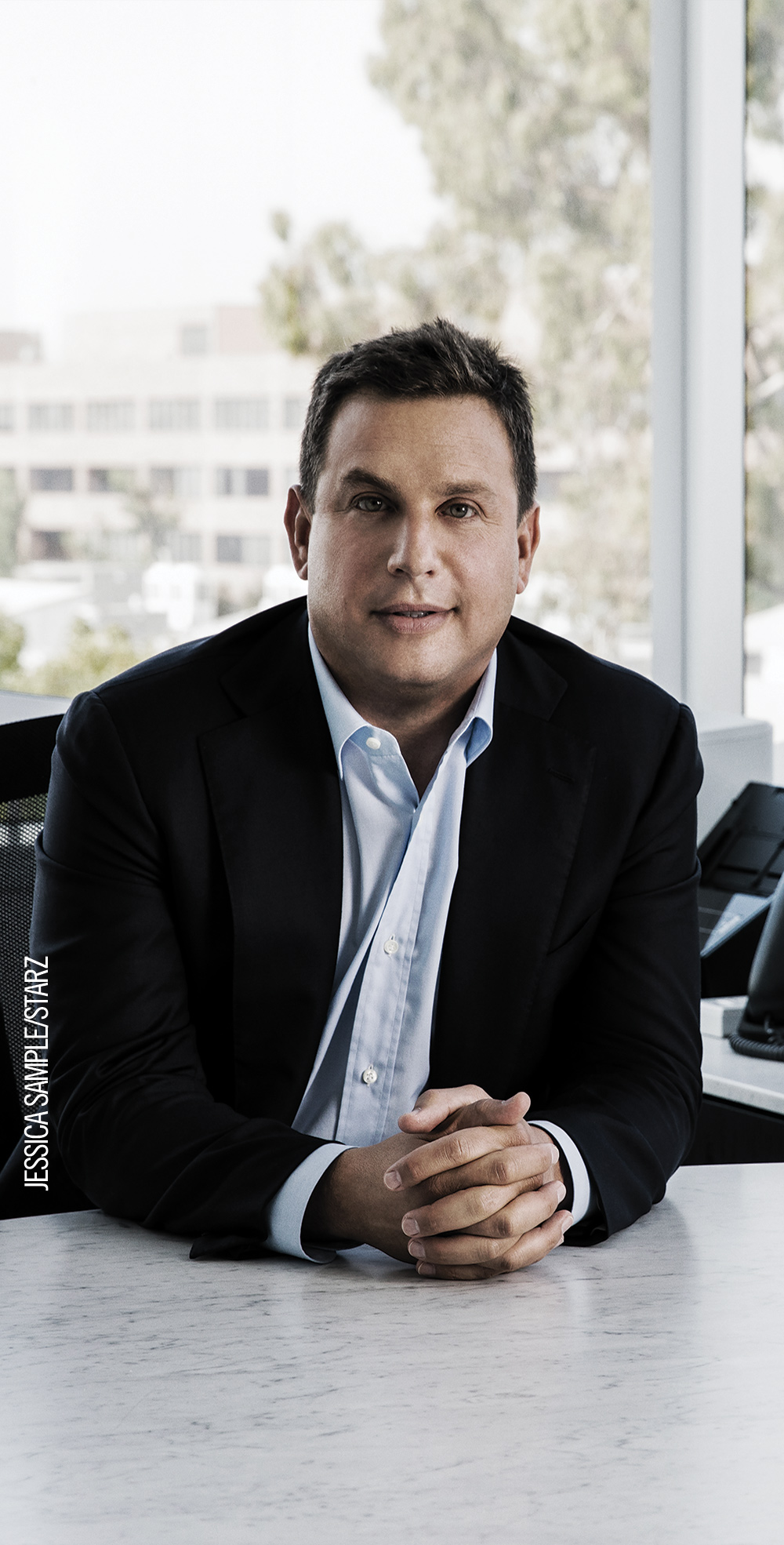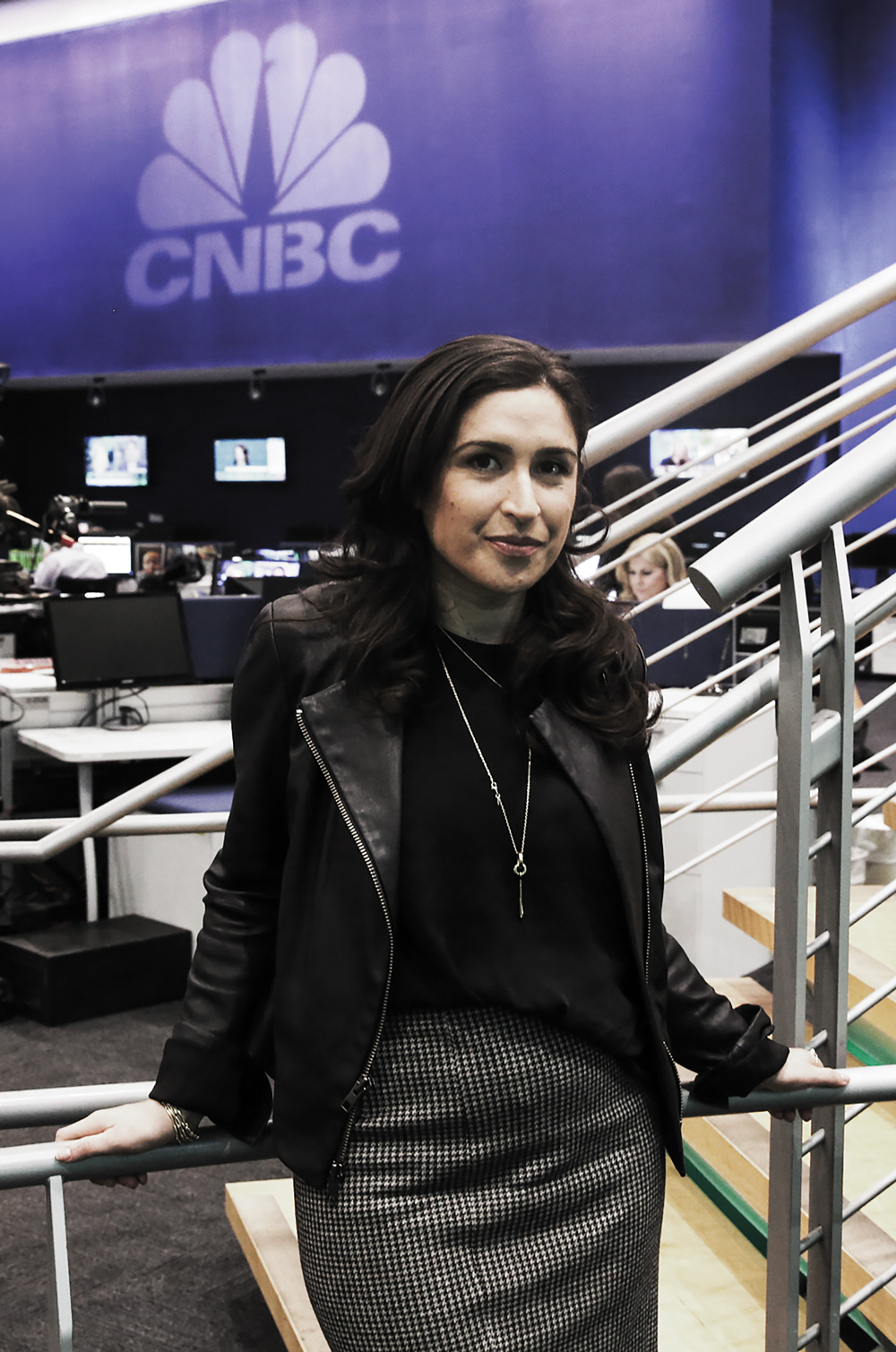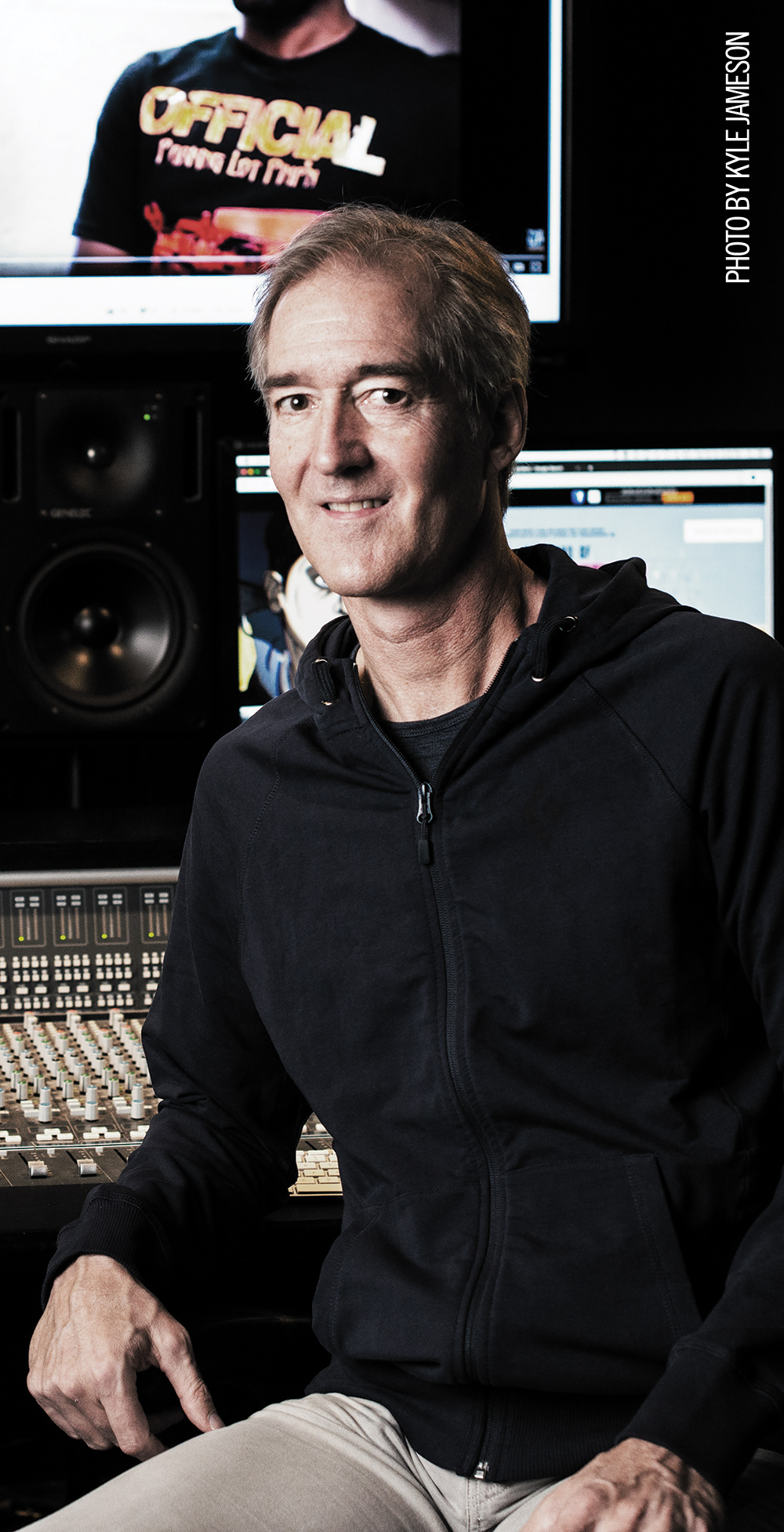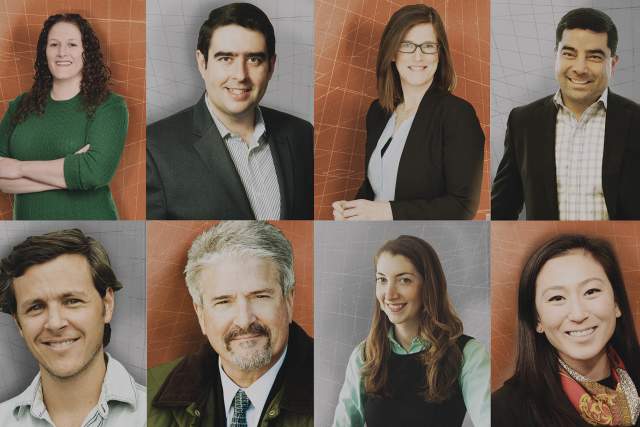The media industry is in the midst of major disruption—books, films, and television look nothing like they once did. It takes insight, strategy, and risk assessment to succeed in media and entertainment, which is why so many of our alumni are striking it big.
I
t’s the morning of the Emmy Awards, a warm day in mid-September, and Greg Thompson T’92, a writer and executive producer for the Emmy-nominated animated show Bob’s Burgers, is at home in Los Angeles, getting ready for the red carpet.
Thompson never planned on becoming a TV writer. He went to Tuck as the next step in a business career but with uncertain future plans. It was only after moving to L.A. for a job in the strategic planning department at the Los Angeles Times that he wound up writing screenplays with his roommate on nights and weekends. Bob’s Burgers won Emmys in 2014 and 2017 for Outstanding Animated Program and although Thompson and his colleagues didn’t take home the Emmy in 2018, Thompson still considers himself a winner for finding his dream job.
There’s a ton of opportunity for smart people to help guide the direction of where media goes."
Carey Albertine T'05
“TV is really collaborative. You need to be individually creative but also function as a team. Probably my first real experience with that was study groups at Tuck,” says Thompson. “There’s a certain element of screenwriting that requires a clear-eyed business take: When I was trying to break in, I studied the sitcoms, took them apart, saw how the stories were structured. At Tuck, I learned things I didn’t have the faintest idea about going in. So with TV writing, I knew I could learn the material.”
Turns out, more Tuck alumni work in media and entertainment than you might think. And with the current state of media—a constantly evolving industry where yesterday’s technology is already outdated and future innovations can’t be predicted—a business degree might just be the secret weapon.
“The media industry is changing more quickly than it did in the past. There are new types of media coming out every day,” says Christine Amirian T’96 who works at The Walt Disney Company. “If you think about the last 20 years and how dramatically our world has changed, long-term planning has become difficult. What is the prevalent medium going to be in 10 years? It’s hard to say.”
The opportunity for jobs in media right now is endless, adds Carey Albertine T’05, co-founder of In This Together Media. “TV and advertising are completely disrupted—nobody knows what the future will look like,” Albertine says. “It’s not progressing in a linear way. There’s a ton of opportunity for smart people to help guide the direction of where media goes.”
Here’s a look at eight Tuck alumni who are helping push media and entertainment into the next frontier.
The Connector
C
hristine Amirian T'96 likes to be challenged and try new things, so in 2016, she took another leap and accepted a job at The Walt Disney Company. As the current vice president of client and category solutions, Amirian’s team is in charge of supporting sales groups with information, strategies, and insights so they can go to market and sell more effectively.
the CREATOR
G
reg Thompson knew he didn’t want to go into banking or consulting. So he stuck to marketing and after graduating Tuck in 1992, he got a job doing market planning at the Los Angeles Times. His roommate in L.A. was a friend and fledgling screenwriter named Aron Abrams. One night, Thompson and Abrams were discussing a script his roommate was working on and Abrams said, “Why don’t we try to write something together?” So they wrote a movie script about the National Football League players’ strike of 1987.
The Equalizer
C
arey Albertine is changing media for the better, starting with books made for children and young adults. Here’s how she got there: After graduating from the University of Virginia with a history degree in 1996, Albertine got a job as a page at NBC, where she worked on Late Night with Conan O’Brien, Saturday Night Live, and the Rosie O’Donnell Show. “At the time, I wanted to be a TV and comedy writer. Working on those shows was a great avenue for that,” she says.
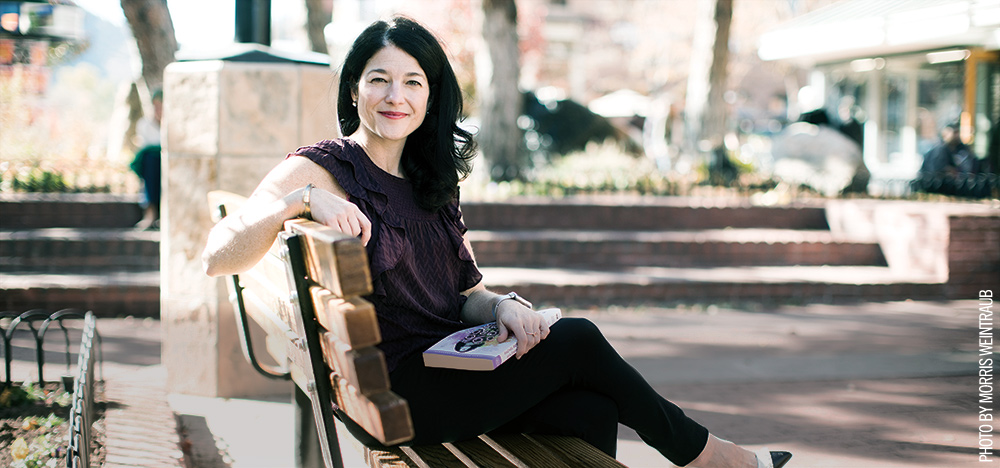
Pursuing a job in media requires you to create your own path. People aren’t going to show up on campus at Tuck and give you a job like this one. If you go work in consulting, you know exactly what that’s going to look like. But in this job, you have to sacrifice the idea of knowing what’s going to happen next.”
Carey Albertine T'05
the FIXER
When Jeffrey Hirsch T’99 was hired by Starz in 2015, his task was essentially to fix things. As the president of marketing and product development for the rather traditional media business, it was his job to rebrand Starz and help create the company’s first digital strategy. “My job was to help transition the business from old world media to new world media,” Hirsch says. “I’ve always looked for opportunities to fix things that are broken—that’s my management style.”
The skills you develop at Tuck teach you how to work with people, how to think critically—those are good skills to have in media, journalism, or any industry.”
Lauren Hirsch T'12
The Reporter
When Toys “R” Us was weighing bankruptcy, Lauren Hirsch T’12 was the first to report the story. As a consumer and retail reporter for CNBC, Hirsch’s job is to cover trans- formative corporate events of the country’s biggest retailers and consumer packaged goods companies, including mergers, acquisitions, and bankruptcies.
MEET THE TUCKIE WHO HELPED TRANSFORM NETFLIX
GIBSON BIDDLE T’91 has worked at a lot of tech startups over the course of his career. “I don’t think of myself as a starter. I think of myself as a builder,” says Biddle, who lives in Burlingame, California, near the heart of Silicon Valley. “My habit is to look for a startup with a proof of concept that’s ready to scale, then help it scale.”
In 2005, Biddle began working as the vice president of product management at Netflix, which was then primarily a DVD-by-mail company. Two years later, Netflix launched its first streaming television service, which it called Watch Instantly, and Biddle helped grow Netflix from 2 million subscribers to 20 million. “At the time, Netflix was really transitioning from startup to a real company,” he says. “Episodic TV was very good to us. There were a lot of falls and mistakes. It was hard and uncertain. But we got there.”
Laura DeCapua Photography
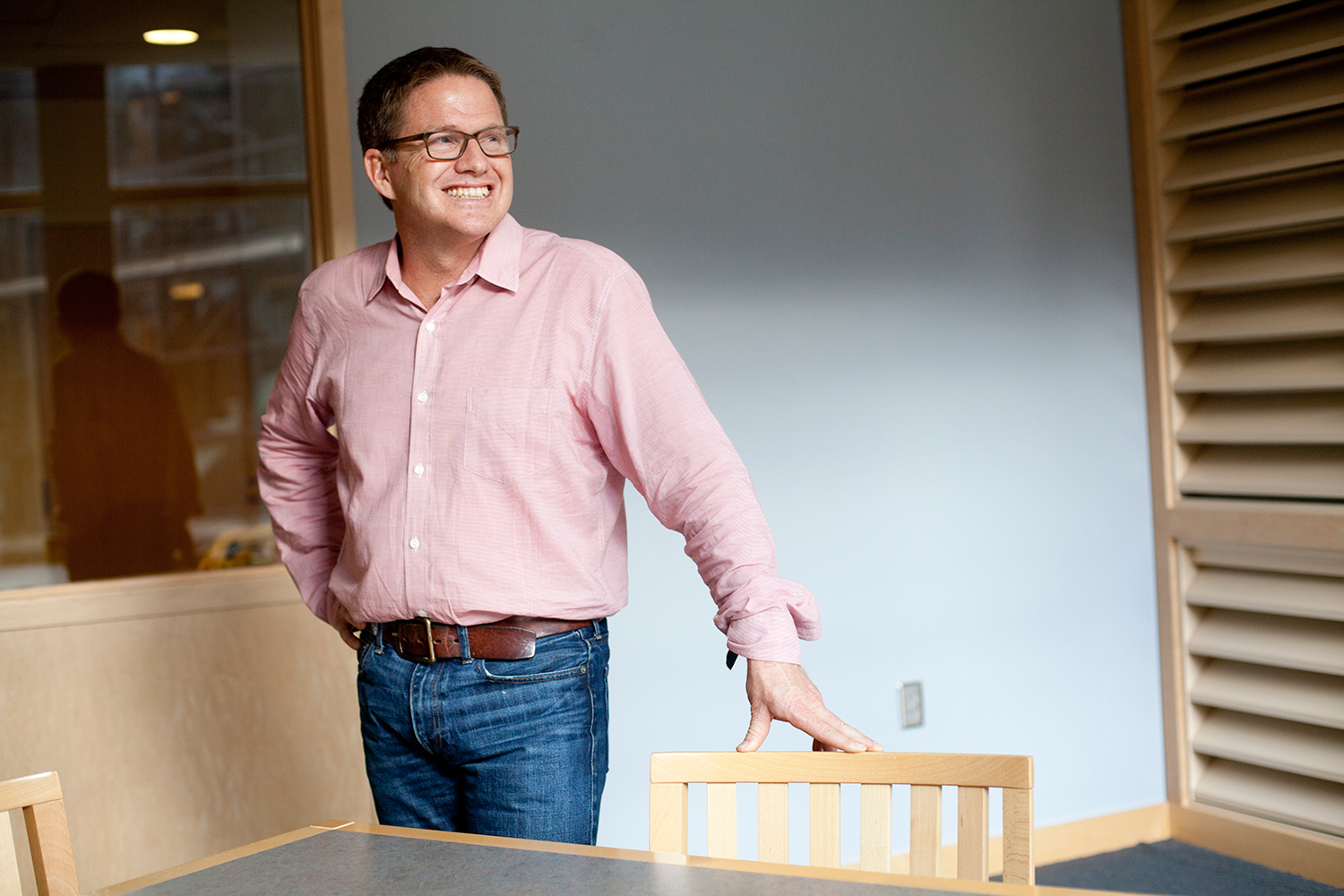
Biddle left Netflix in 2010 to work for another startup, Chegg, which became successful by offering textbook rentals to college students. He’s since worked as an adviser to consumer tech leaders like NerdWallet, Metromile, and Life360.
Today, Biddle is what he calls a career hacker—he helps other product managers and startups solve big problems with creative solutions. He gives between five and 10 talks and workshops a month around the world on subjects like entrepreneurship, product management, product strategy, leadership, and branding, and he’s a guest lecturer in entrepreneurship for a graduate program at Stanford University. “My focus is helping product leaders grow fast and not make the mistakes I made,” he says.
His current role gives him the utmost in flexibility. Last winter, he skied as many days as he is old (56) and he’s done backpacking trips with his family in destinations like Japan, the Italian Dolomites, and Iceland. “Tuck gave me confidence to go out and say, ‘I want to work as a product leader,’” he says. “I was a good leader coming in and a great leader coming out.”
The Transformer
N
ykia Wright T’09 is Chief Operating Officer of the Chicago Sun-Times, charged with leading the city’s oldest newspaper into a new future. Wright, an Atlanta native and newcomer to the news business, comes to the job with a background in consulting, the instincts of a problem-solver, and a work ethic honed from childhood.
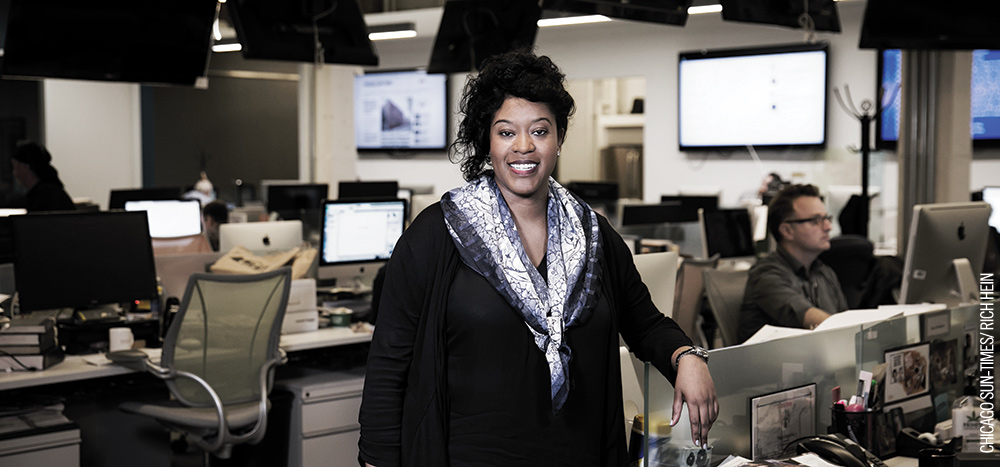
Tuck trained me to really dissect a problem quickly, define what that is, and then find a solution.
Nykia Wright T'09
The Documentarian
Like many others, Jim Butterworth’s life changed drastically on September 11, 2001. Butterworth, a T’91, was living a few blocks from the World Trade Center. He was about to turn 40 years old and he’d spent years working high-profile jobs in finance, technology, and venture capital. But after losing friends in the terrorist attacks, he decided to overhaul his life. He packed his bags and moved to Colorado, where he got a job as a ski patroller at Vail Mountain for $9 an hour. That’s when he first got the idea to create a documentary.
For me, a film is like any other startup. Everything from the business to the legal to the deal-making came from my Tuck experience or my work experience after Tuck.”
Jim Butterworth T'91
the FINANCIER
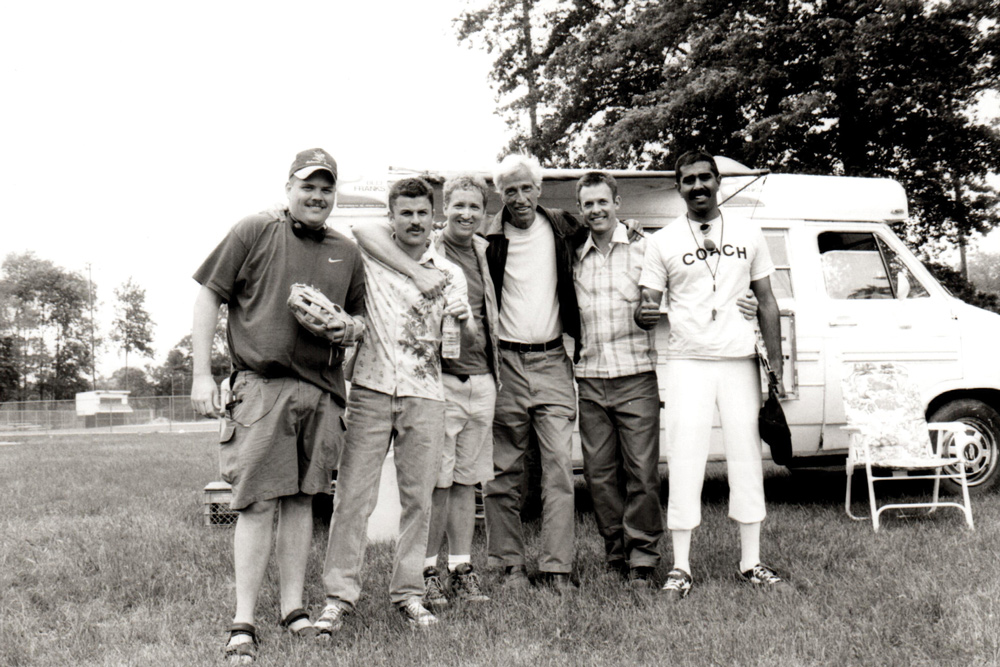
Courtesy of Peter Lengyel
P
eter Lengyel T’64 always knew he wanted to work in the movie business, but it took him nearly 35 years of working in finance to get there.
After studying engineering at NYU, Lengyel went straight to Tuck. “I knew a business degree would one day feed my family. The movie business, not so much,” he says. During his second year at Tuck, he tried interviewing at the big Hollywood movie studios—Paramount, Fox, Universal. “But the entertainment business had no interest in MBAs at the time. So I became a banker instead,” says Lengyel, who grew up in New York City.
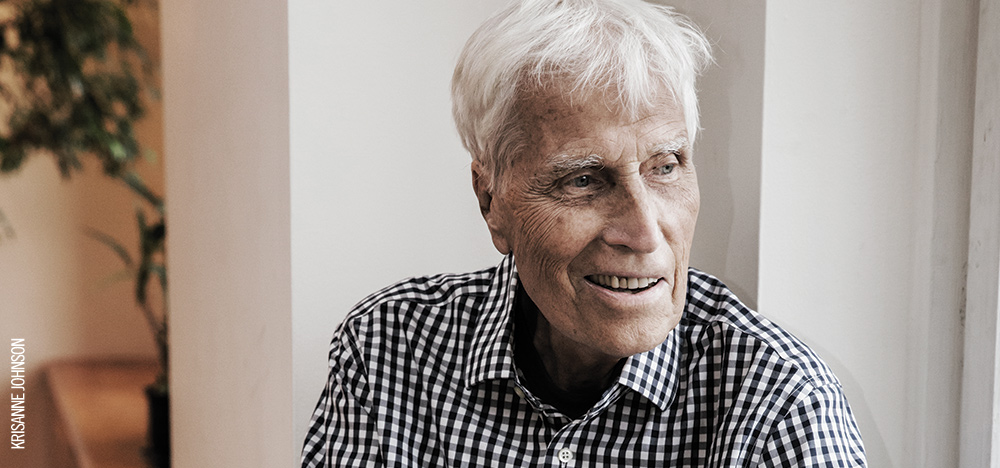
*This article originally appeared in print in the winter 2019 issue of Tuck Today magazine.
